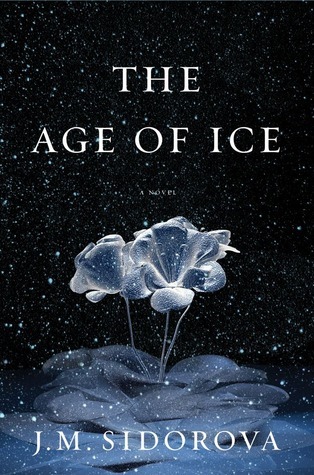What do you think?
Rate this book


398 pages, Hardcover
First published January 1, 2013
I was born of cold copulation, white-fleshed and waxy like a crust of fat on beef broth left outside in winter. I was born of seed that would have seized with frost if spilled on the newlyweds' bed. I was born on the twenty-seventh of September because in the month of January my parents had been sealed in a wedding chamber made of ice.The whole first chapter is this impressive. Sidorova knows how to construct a pretty sentence. Unfortunately, as early as chapter two, the magic has disappeared, and this part of the book's summary, "Surrounded by servants and animals, Prince Alexander Velitsyn and his twin brother Andrei have an idyllic childhood on the family's large country estate" is over in a few paragraphs. Suddenly Alexander and Andrei are men and before long Andrei is married, .
I pushed in through the crowd and crouched next to the 'toothy one.' Its eyes twisted in their sockets, its jaws clenched and unclenched; but snow coated it the thicker and more it struggled, and already scabs of ice were forming where only slime used to cover its writhing tail. I had a thermometer with me, as I always did by then—a habit turning into a need. I took it out of it sheath and shoved it into the eelpout's throat.Sidorova enjoyed writing long, detailed passages about uninteresting, irrelevant things. A few sentences later Alexander is counting down the degrees of this fish's temperature.